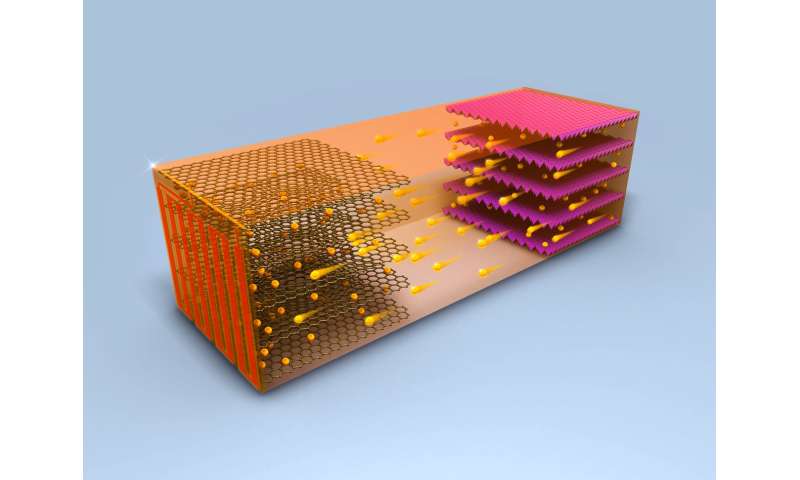Best of Last Week–A battery for cold climates, complex molecules found on Enceladus and new way to measure intelligence

It was a good week for technology as a team at Pennsylvania State University announced that they had developed a self-heating, fast-charging battery that makes electric vehicles climate-immune, possibly opening the door to more sales in colder climates. And a team of computer scientists at the Harvard John A. Paulson School of Engineering and Applied Sciences announced that they had created a breakthrough algorithm that is exponentially faster than any previous one. They claim the new algorithm will speed up a wide variety of applications across many fields. Also, a team at Stanford University announced that an AI system had recreated chemistry's periodic table of elements on its own, using only data describing compounds and their names.
In biology news, a team led by a group at Durham University found that men's testosterone levels are largely determined by where they grow up, rather than their genes. And a team at Université de Montréal discovered a new mechanism that prevents the proliferation of cancer cells—one that involved disturbing the balance in the composition of ribosomes. And an international team of scientists working with data sent back by NASA's Cassini spacecraft reported that they had found evidence of complex organic molecules on Enceladus—carbon rich molecules that were being ejected from cracks in the icy surface of one of Saturn's moons.
In other news, a team at Georgia Institute of Technology found more clues that suggest Earth-like exoplanets are, indeed, Earth-like—their simulations showed the spin of the exoplanet Kepler-186f was stable enough to sustain a stable climate. And a team at the Harvard John A. Paulson School of Engineering and Applied Sciences found a way to deliver insulin in a pill—a technique that could replace daily injections for diabetics. And a team with members from the U.K. and the U.S. discovered a volcanic heat source under a major Antarctic glacier. They suggest the source might be having an impact on melting of the West Antarctic Ice Sheet due to global warming.
And finally, if you have ever wondered about your level of intelligence compared to others and are not convinced IQ tests are a good measure, you may soon be able to find out another way. A combined team of researchers from the University of Salerno, Caltech and Cedars-Sinai Medical Center found that they were able to predict intelligence levels from brain scans using a specially designed AI application.
© 2018 Science X